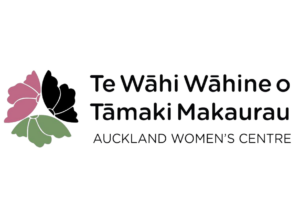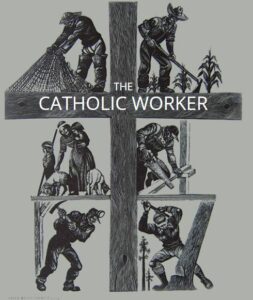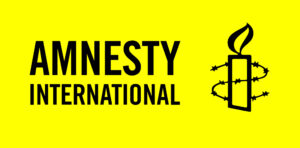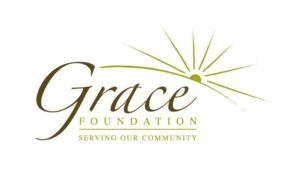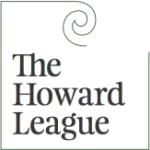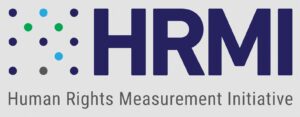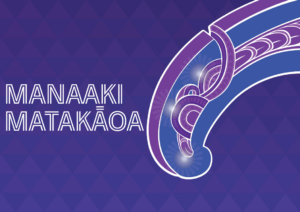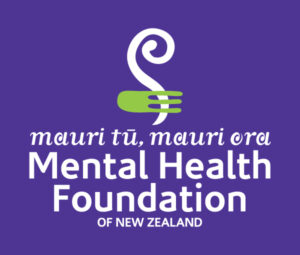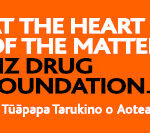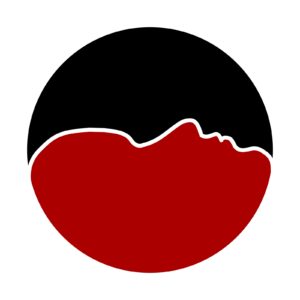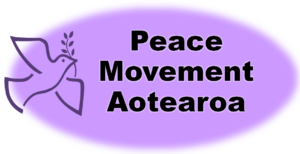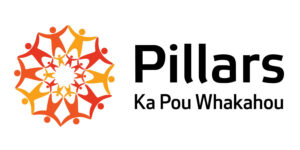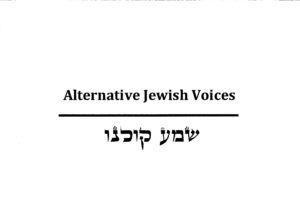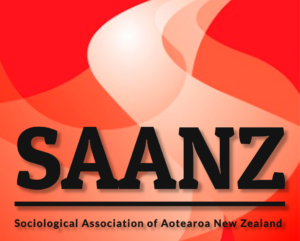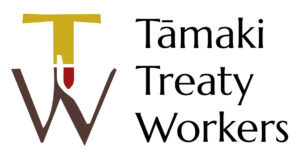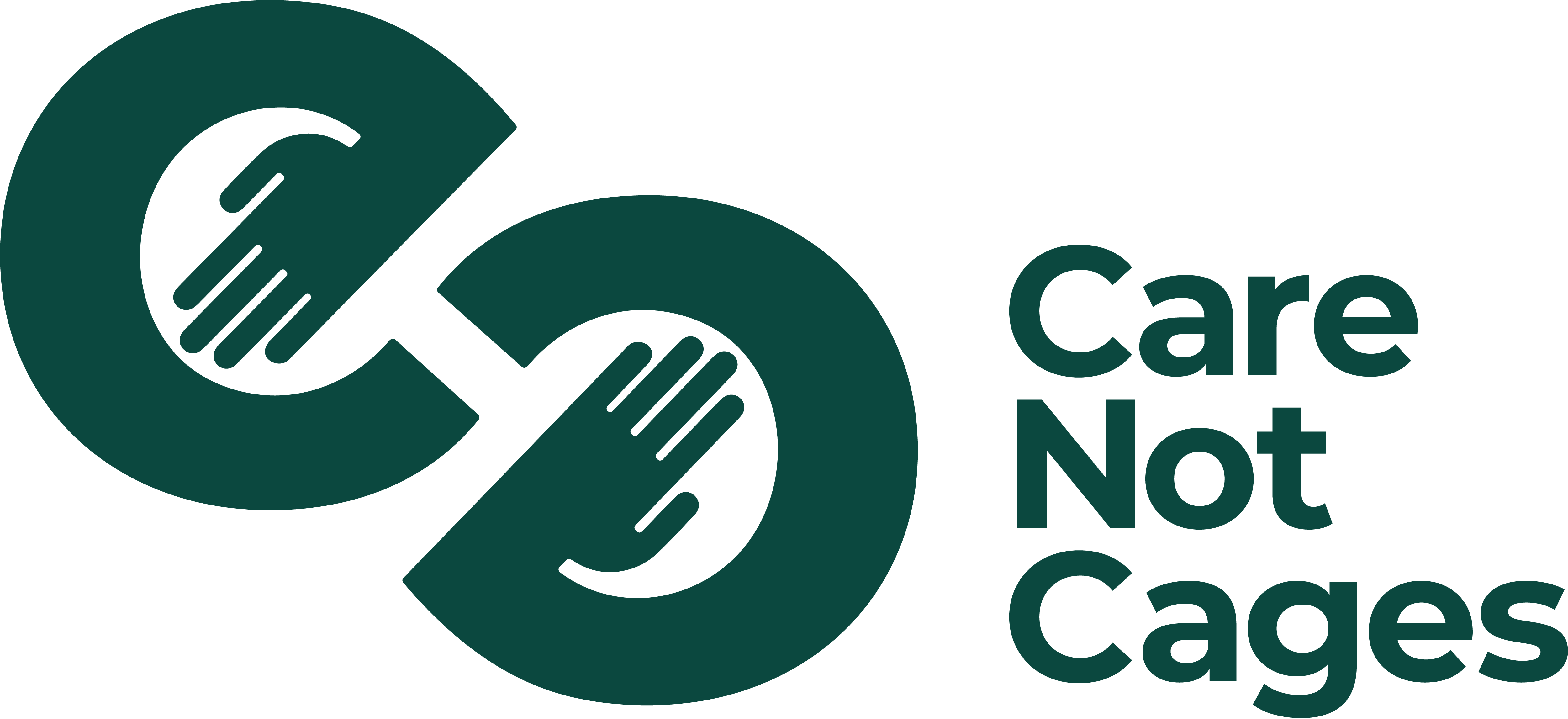Tēnā koe, Mālō e lelei and warm Pacific greetings Justice Sector leaders,
The undersigned are united by our support for a transformed justice system for Aotearoa.
We support system change because our current approach to policing, sentencing, and incarceration is not fit for purpose. It is ineffective in reducing reoffending rates and has resulted in the mass incarceration of Māori, a racist violation of Te Tiriti O Waitangi.
We want an Aotearoa which addresses the underlying drivers of social harm and crime through prevention, while ensuring public safety and appropriate accountability for social harm.
We want survivors of violence to receive the support they need to heal and for those who have caused harm to be held accountable through processes of restorative justice.
We want communities to have the support, resources, opportunities and self-determination they need to thrive.
We want a justice system grounded in Te Tiriti o Waitangi because, by honouring Te Tiriti, we improve wellbeing outcomes for everybody, but especially for Māori, who are overrepresented at each point in the criminal justice system.
Our requests of the Government
To realise our common vision, the undersigned seek a commitment from the Government to implement all 12 of the Turuki! Turuki! report’s recommendations through the following processes:
- Commence full implementation of the Turuki! Turuki! reports’ 12 recommendations by starting with Recommendation 1 (establishing a cross-party parliamentary accord for transformative justice);
- Work with justice sector groups to implement all 12 recommendations of the Turuki! Turuki! report through a variety of mechanisms, including joint working groups, mana enhancing agreements, and hui. Such mahi should complement the existing Mana Ōrite agreement between Ināia Tonu Nei and the Crown, as per Recommendation 2 of the report;
- Commence a process to consult communities about the Turuki! Turuki! report and what implementation of the report’s 12 recommendations should look like within their communities. Focus on engagement with:
- Tangata whenua;
- Pasifika peoples;
- Communities targeted by the criminal justice system;
- Those with lived experience of the criminal justice system; and
- Those advocating alongside people with mental illness, disabilities, neurodiversity and youth.
This is to ensure that the report’s recommendations are implemented in an open and inclusive way that reflects a whole-of-society approach. Justice is everyone’s concern. Communities most-affected by the criminal justice system should be participating in the design of the recommendations and their implementation so that their aspirations for justice in Aotearoa are realised.
Currently, Aotearoa doesn’t have the justice system envisioned above. Instead, for decades, successive governments have implemented tough on crime policies in policing, sentencing and imprisonment. Media outlets, meanwhile, have supported and justified these policies by creating moral panics around supposed crime waves. Opposition parties have put the pressure on by proposing tough on crime policies such as youth boot camps, youth detention centres, three strikes legislation, armed police and more.
We’ve seen that tough on crime policies have had a disproportionate and racist impact on Māori communities. Of all of the people taken to court for criminal charges, 37% are Māori, while 45% of convictions are against Māori. Currently, 52% of the overall prison population and 67% of the women’s prison population are Māori despite comprising 15% of the general population. This is institutional racism in action. It is a grievous violation of Te Tiriti O Waitangi. Our current justice system has been designed to put people from communities that lack opportunities on a path that goes straight to prison and has no way out. It is a maze without exits.
The New Zealand Government needs to build paths out of the maze. These paths have already been proposed in the Turuki! Turuki! report, produced by Te Uepū Hāpai I te Ora Safe and Effective Justice Advisory Group. This report was the follow up to the working group’s 2019 He Waka Roimata report, which comprehensively demonstrated that restorative and transformative justice policies are needed to move beyond punitive and damaging tough on crime policies. This is to ensure that everyone who has been harmed by crime has their health, lives and mana restored.
Turuki! Turuki! provides important reflections on the conversations and submissions that the group received from thousands of New Zealanders. It demonstrates how the justice system has failed us. Turuki! Turuki! reiterates and builds on decades of reports into the criminal justice system that have repeatedly shown that the system fails survivors, those who have caused harm, and Māori. This is demonstrated through work such as The Māori and the Criminal Justice System, A New Perspective, He Whaipaanga Hou by matua Moana Jackson, published in 1987 and 1988. This lineage underscores how much time has passed since a number of expert-led and transformative solutions have been put forward but largely ignored.
Disappointingly, the Government has not yet implemented all 12 recommendations put forward in Turuki! Turuki! While the Government has worked with Māori justice group Ināia Tonu Nei to create a Mana Ōrite agreement, as detailed in Recommendation 2 of the report, the Government’s action on the rest of the recommendations has been lacklustre. Instead of building clear pathways out of the maze as laid out in the Turuki! Turuki! Report, the Government has largely continued the failed tough on crime paradigm.
Now is the time to consign tough on crime policies to the dustbin of history. A responsible approach to justice uses proven alternatives to tough on crime policies that engage in restoration, transformation, prevention, rehabilitation, healing, and honouring Te Tiriti. This kind of approach will help all of us get to where we need to go and improve the wellbeing of all of our communities.
In signing this open letter, we are calling on the Government to transform our justice system through implementing all 12 of the Turuki! Turuki! report’s recommendations. By doing this, we will have a justice system that holds those who have caused harm to account, allows those who have been harmed to heal and enables all of us to thrive.
Signatories
Organisations
- People Against Prisons Aotearoa
- Amnesty International
- Justice For All
- Howard League Canterbury
- Auckland Action Against Poverty
- Students For Sensible Drug Policy
- 1/200
- Te Wāhi Wāhine o Tāmaki Makaurau Auckland Women’s Centre
- JustSpeak
- Sh’ma Koleinu Alternative Jewish Voices
- Tāmaki Treaty Workers
- Peace Movement Aotearoa
- Anglican Action Mahi Mihinare
- Pillars Ka Pou Whakahou
- Peace Action Wellington
- Mental Health Foundation of New Zealand
- Fired Up Stilettos
- ActionStation
- Women’s International League for Peace & Freedom, Aotearoa Section
- Grace Foundation Charitable Trust Auckland
- The Equal Justice Project
- Organise Aotearoa
- PARS Whanganui and Turangi
- Manaaki Matakāoa
- The Catholic Worker Aotearoa
- Economic and Social Research Aotearoa
- Counterfutures
- Sociological Association of Aotearoa New Zealand
- Auckland Pride
- Human Rights Measurement Initiative
- NZ Drug Foundation
- Asians Supporting Tino Rangatiratanga
Criminal justice researchers & advocates
- Ti Lamusse, Lecturer in Criminology, Te Herenga Waka/Victoria University of Wellington
- Dr Fiona Hutton, Associate Professor, Criminology, Te Herenga Waka/Victoria University of Wellington
- Dr Trevor Bradley, Senior Lecturer in Criminology, Te Herenga Waka/Victoria University of Wellington
- Dr Lynzi Armstrong, Senior Lecturer in Criminology, Te Herenga Waka/Victoria University of Wellington
- Rebekah Bowling, Assistant Lecturer in Criminology, Te Herenga Waka/Victoria University of Wellington
- Dr Russil Durrant, Senior Lecturer in Criminology, Te Herenga Waka/Victoria University of Wellington
- Dr Samantha Keene, Lecturer in Criminology, Te Herenga Waka/Victoria University of Wellington
- Dr Moses Faleolo, Lecturer in Criminology, Te Herenga Waka/Victoria University of Wellington
- Dr Liam Martin, Lecturer in Criminology, Te Herenga Waka/Victoria University of Wellington
- Professor Elizabeth Stanley, Head of School, Senior Lecturer in Criminology, Te Herenga Waka/Victoria University of Wellington
- Dr Luke Fitzmaurice, Lecturer in Faculty of Law, Te Herenga Waka/Victoria University of Wellington
- Dr Jane Bolitho, Chair in Restorative Justice, Te Herenga Waka/Victoria University of Wellington
- Ririwai Fox, PhD candidate, Clinical Psychology Program, Te Herenga Waka/Victoria University of Wellington
- Linda Fatialofa, PhD candidate, Clinical Psychology Program, Te Herenga Waka/Victoria University of Wellington
- Finley Ngarangi Johnson, PhD candidate, Clinical Psychology Program, Te Herenga Waka/Victoria University of Wellington
- Annalisa Strauss-Hughes, PhD candidate, Clinical Psychology Program, Te Herenga Waka/Victoria University of Wellington
- Kate McLeod, PhD candidate, Clinical Psychology Program, Te Herenga Waka/Victoria University of Wellington
- Alana Haenga-O’Brien, PhD candidate, Clinical Psychology Program, Te Herenga Waka/Victoria University of Wellington
- Ellie Rukuwai, PhD candidate, Clinical Psychology Program, Te Herenga Waka/Victoria University of Wellington
- Bailey Rose, PhD candidate, Clinical Psychology Program, Te Herenga Waka/Victoria University of Wellington
- Tatyana King-Finau, PhD candidate, Clinical Psychology Program, Te Herenga Waka/Victoria University of Wellington
- Elizabeth McLean, PhD candidate, Clinical Psychology Program, Te Herenga Waka/Victoria University of Wellington
- Kennedy Strauss, BSc(Hon), Clinical Psychologist in training, Te Herenga Waka/Victoria University of Wellington
- Dr Grace Gordon, Lecturer in Criminology, Auckland University of Technology
- Dr John Buttle, Senior Lecturer in Criminology, Auckland University of Technology
- Associate Professor Antje Deckert, Criminology, Auckland University of Technology
- Dr Laumua Tunufa’i, Lecturer in Criminology, Auckland University of Technology
- Associate Professor Khylee Quince, Dean of Law, Auckland University of Technology
- Dr Lin Mussell, Lecturer in Politics and International Relations, University of Canterbury
- Dr Bethany Growns, Lecturer in Psychology, University of Canterbury
- Dr Robert Webb, Senior Lecturer in Criminology, University of Auckland
- Associate Professor James Olsen, Criminology, University of Auckland
- Associate Professor Alice Mills, Criminology, University of Auckland
- Dr Susann Wiedlitzka, Senior Lecturer in Criminology, University of Auckland
- Associate Professor Tamasailau Suaalii-Sauni, Criminology, University of Auckland
- Professor Julia Tolmie, Law, University of Auckland
- Dylan Asafo, Senior Lecturer in Law, University of Auckland
- Dr Fleur Te Aho, Senior Lecturer in Law, University of Auckland
- Emmy Rākete, Professional Teaching Fellow in Sociology, University of Auckland
- Emma Parangi, Pouako Whakaako at Educational Learning Project, PhD candidate, Education, University of Auckland
- Kalym Lipsey, PhD candidate, Sociology, Massey University, President of the Sociological Association of Aotearoa New Zealand
- Dr Adele Norris, Senior Lecturer in Sociology and Social Policy, University of Waikato
- Jeanie Richards, Academic Services Manager, University of Waikato
- Jessica Martin, Masters student, Sociology, University of Waikato
- Associate Professor Moana Waitoki, Wānanga ki te Ao, Indigenous and Māori and Indigenous Studies, University of Waikato
- Dr Fairleigh Evelyn Gilmour, Senior Lecturer in Criminology and Gender Studies, University of Otago
- Dr Peyton Bond, Teaching Fellow in Sociology and Criminology, University of Otago
- Associate Professor Anita Gibbs, Sociology and Criminology, University of Otago
- Associate Professor Melanie Beres, Sociology, University of Otago
- Dr Simon Barber, Lecturer in Sociology, University of Otago
- Dr Neil Vallelly, Lecturer in Sociology, University of Otago
- Metiria Stanton Turei, Senior Lecturer in Law, University of Otago
- Associate Professor Emily Keddell, Social Work, University of Otago
- Professor Janine Hayward, Acting Head of School of Social Sciences, Politics, University of Otago
- Professor Hugh Campbell, Sociology, University of Otago
- Joshua James, Teaching Fellow, Politics, University of Otago
- Rue-Jade Morgan, Senior Lecturer in Foundation Studies, Otago Polytechnic
- Associate Professor Juan Tauri, Indigenous Studies, Macquarie University
- Garry Buckman, Retired PARS Fieldworker
- Tina Ngata, Chair of Manaaki Matakāoa, Independent Researcher
- LaToya Aroha Rule, Research Associate, Jumbunna Institute for Indigenous Education and Research, University of Technology, Sydney
- Professor Nik Taylor, Human Services Graduate Research Coordinator, Human Services Programme, University of Canterbury
- Cushla Donaldson, Artist, PhD candidate, Sociology of Law, Leiden University
- Dr Jessica Niurangi MacLean, Aotahi School of Māori and Indigenous Studies, University of Canterbury


